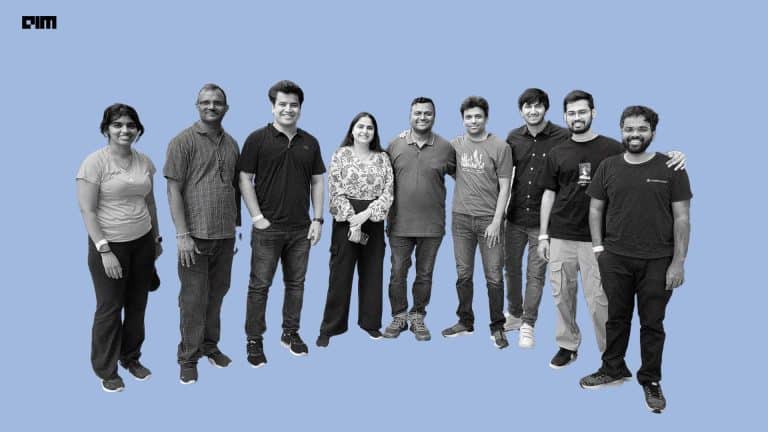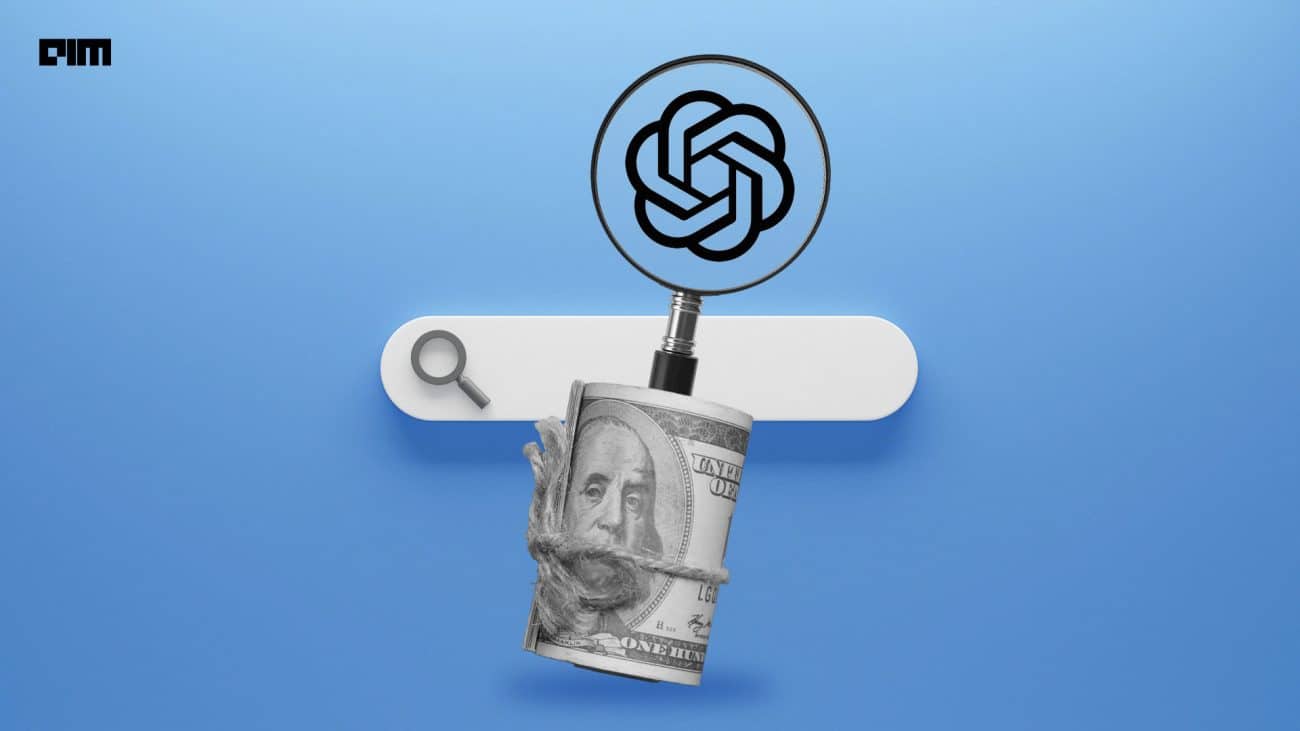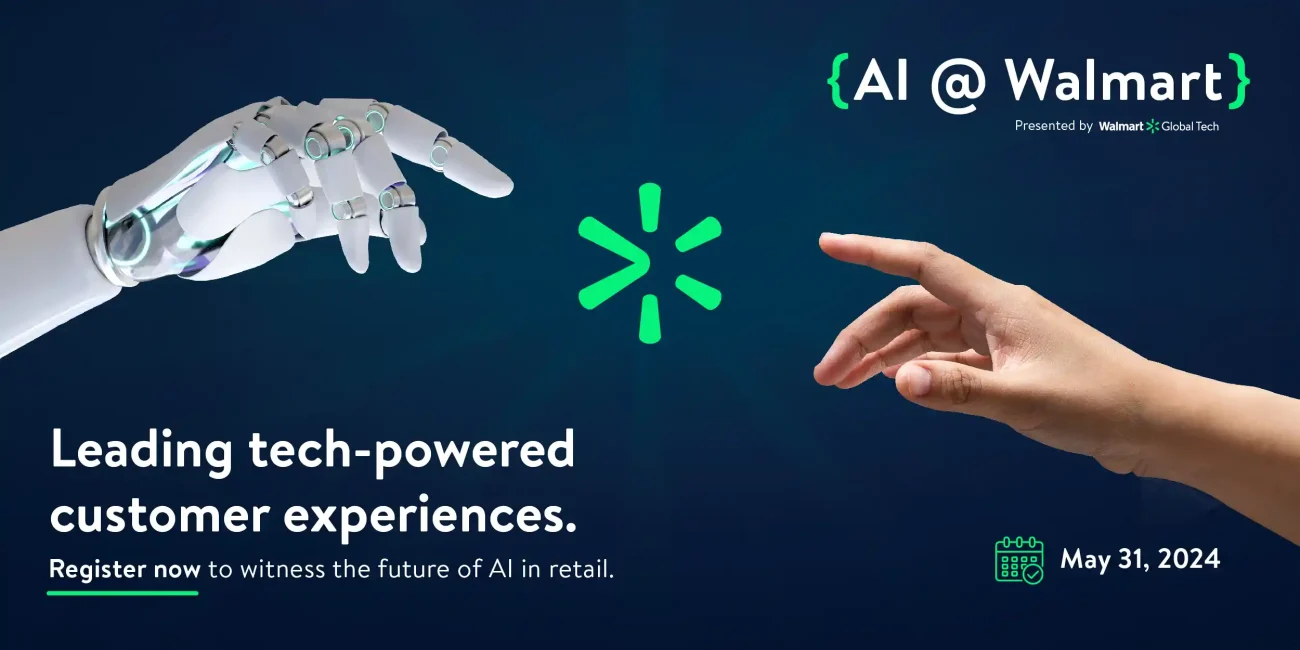Data science has been one of the most sought after jobs for some time now. This once dubbed the ‘sexiest job’ seemed to have checked all the boxes – good pay, demand, and satisfaction. That said, there have been a few mild yet significant signs that data science as a job might be slowly losing its sheen.
As pointed out by Carly T, senior manager (machine learning), Activision, data science may be getting less competitive due to three main reasons – the rising popularity of low/no-code platforms, exponential growth in the number of data scientists (often outpacing demand), and the dilution of ‘data scientist’ as a job title.
Increasing supply of data scientists
The explosion of data that companies have at their disposal, combined with the positive PR that the data science field has received over the last few years, has led many aspirants to stand up and take notice. A large chunk of computer science or computer engineering graduates view data science as the ultimate career choice. Not just that, since the field is an amalgamation of several disciplines, people from other fields, including non-technical backgrounds, are also opting for data science.
This also explains the increase in the number of data science courses. Every popular edtech platform, along with several offline institutes, is offering courses in data science, varying from basic to advanced levels. Leading educational institutes like IITs, BITS Pilani, among others, are offering short- and long-term courses in data science, often in collaboration with the industry. Except for the courses backed by reputed universities and corporates, the quality of rest cannot be ascertained. Recruiters often complain about the lack of skills in the candidates they interview. With increased demand, the skill sets & standards required for being a data scientist in today’s commercial ecosystem have also matured.
“Data science, as a career, offers great growth even in 2022. However, breaking into it has become bit more challenging than earlier. One might argue that this field isn’t fading away but is experiencing a shift that has the potential to open more doors. At the end of the day, virtually every business is now a technology business, and what drives growth in technology-enabled businesses is understanding patterns in the oceans of data produced by these businesses. This means nearly every company on the planet needs data scientists and data analysts – it’s no longer just the province of what we think of as “traditional” technology providers,” said Divyesh Singhwaad, Regional Vice President, Skillsoft India.
Vineet Tyagi, Global CTO, Biz2X, said, “Breaking into data science isn’t generally as natural as it used to be five years back. Data science actually has an elevated degree of mindfulness in terms of employment. Numerous abilities from various fields, from the profoundly quantitative fields (in some cases even from fields like brain research or science), are changing into data science. With the patterns of robotisation of huge information and AI patterns, organisations are moving their understanding towards utilising ready-made cloud-based AI models, which are simpler to transmit than building tweaked models. This has resulted in organisations needing to hire information engineers, cloud and DevOps experts rather than data researchers.”
On the flip side, trained candidates experience a huge disconnect between expectation and reality when it comes to the role and responsibilities of a data scientist.
Robin Das, CEO, BrandIntelle, explains, “The term ‘data science’ has become over popular along with buzz words like AI & ML, and companies have been using this in job descriptions, sales material, investor decks, etc., to attract more talent, customers and promoters. Hence, there are a lot of cases where there is actually no data science involved, but it is still called data science. And nobody can do anything about this as there are no specific guidelines around this. All one can do is a good amount of due diligence before deciding on the next step.”
Rise of no-code data science platforms
As Das mentions, the changing market behaviour has given rise to three types of data scientists roles – the actual data scientists, where the candidate takes deep dive; where a no-code data model is already available, and one only needs to join dots as per requirements; the pseudo data science roles which are nothing but a glorified data analyst and the work just involves prediction modelling on excel, at best.
Data science is a very complex field to apply a no-code approach. However, the tedious task of cleaning data and making predictions from data can be automated without having to write a single line of code. Obviously AI and Datalyst are among the companies that are offering no-code data science platforms.
That said, at the current advancement level, these no-code platforms cannot replace human data scientists but merely assist or enhance their productivity.
Aravind Chandramouli, Head AI COE, Tredence, said, “It is a misconception that the rising demand for no-code solutions makes the data science job market less competitive. There is an increasing demand for data science skills; however, this demand is reserved for candidates who constantly upskill themselves to stay relevant.”
“The rise of no-code/low-code data science solutions shows a lot of promise for automating routine analysis and data preparation activities. However, I wouldn’t think of it as complete data science democratisation. A lot of tasks still require in-depth analytics and the creation of state-of-the-art algorithms utilising the full power of code. Data scientists’ lives would certainly become easier, giving space for creativity and data insights the world has never dreamed of. The competition will remain, and the entrance requirements could become even higher,” said Alena Guzharina, Product Marketing Manager at JetBrains Datalore.
At the given stage, it is still a highly speculative thing to say that data science has become less competitive since there is still a great demand for such professionals, and automation just does not cut it right now. However, the lack of ‘appropriately skilled data scientists’ is a matter that we must all worry about.











































